I am determined, driven, and constantly seek to '
press forward', sometimes fooling myself that I am pressing forward to '
take hold of that for which Christ Jesus took hold of me'. I know that I get it wrong - it is not a complex test that leads me to this outcome, rather it is simply recognizing how empty achievement and acclaim can be when it is not direct by God's Spirit and directed towards God's perfect will.
My will needs tempering and taming! That's the simplest way to put it! In the almost 40 years that I have been alive I have responded to the realities of my life, sometimes with appropriate grace - as a one who should respond to God's call, and at other times as someone who seeks their own satisfaction. The latter frequently wins the approval of others since the world is geared towards selfishness, greed and gain. However, it is in the former - responding to God's call - that I find peace, true meaning and the kind of security that cannot be removed.
These are tough times! I am journeying with a number of people who have lost much because of the economic recession. These are people at all levels of society. Some live in informal settlements and have little hope of finding freedom from the struggle of their lives in the next five years, let alone the next months. They have hungry children, sick families, and they long to be free to live. Then there are those who are equally bound, accountants, directors; people who have studied and had the opportunity to work. Yet, when their resources came to an end (whether through poor choices of their own, or by being retrenched and set aside through the choices of others) they have found themselves desperate, alone and afraid.
The one thing that I know to be sure, and I know it from personal experience through great struggle and pain, is that God's love and mercy is sure. I know that God has chosen to establish a community of faith to enact His loving will, offering hope, life and care to those in need. This community is the Church. I have come to discover that the Church includes the churches. There are many of them that do wonderful work, creating a magnificent balance between worship of God through liturgy, the sacraments and the proclamation of the Good News. The better ones move that worship 'intro the streets' by caring for their members in their homes, their places of learning and places of work. And, the very best realize that this care is offered to more than just their members, engaging in work that transforms society without having to 'tag' it with a label 'this belongs to Jesus', or 'this belongs to the Church'.
Today I am flying to Johannesburg (I have been here every week for well over a month) - it has been my joy to visit people in their offices, to get out onto construction sites, and to meet people on our roadwork projects. I have a simple aim - I move among them to encourage and bless them. I pray with those who have need, and always try point out the unexpected and unnoticed places in which God's grace can be seen, and made visible to others through what is already being done, and to encourage the notion of seeing work as worship - whatever our task, we can do it for Christ (both in honour of his Holiness, perfection, love and Grace. And also in accordance with the ways and will of Christ so that the Kingdom of God is established) Col 3:23-24.
It has taken me quite some time to find this simple ministry in the corporate world. I have tried various things and often felt that I had lost my way in taking this challenging post. I know how to run a congregation. I know how to teach a class. So, I have felt inadequate, under-equipped and not capable of doing ministry in this context for some time. It is not easy to feel lost after many years of feeling 'found'. It is easy to fall back into what I know - managing projects, initiating groups, planning seminars, developing resources and tools. These things matter, but they are not what matters most!
There has been a significant realization in this experience. The realization is that my security, for many years, was founded on my training, my developed abilities, and a measure of 'victory' within certain areas of ministry in the Church. These are not bad things in themselves, but they can be a distraction from the true intent of being alive, the real reason for being in ministry.
Today I prayed this prayer in my devotions:
Grant, O God, that we may never lose the way through our self-will, and so end up in the far countries of the soul;
That we may never abandon the struggle, but that we may endure to the end, and so be saved;
That we may never drop out of the race, but that we may ever press forward to the goal of our high calling;
That we may never choose the cheap and passing things, and let go of the precious things that last for ever;
That we may never take the easy way, and so leave the right way;
That we may never forget that sweat is the price of all things, and that without the cross, there cannot be a crown.
So keep us and strengthen us by your grace that no disobedience and no weakness and no failure may stop us from entering into the blessedness which awaits those who are faithful in all the changes and the chances of life down even to the gates of death; through Jesus Christ our Lord. Amen (- taken from Prayers for the Christian year by William Barclay).
Be blessed today, do what matters, but never at the cost of what matters most!


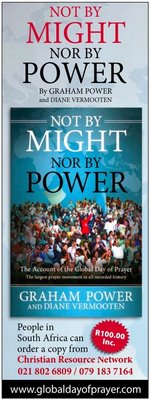

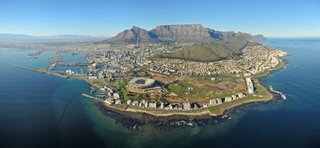


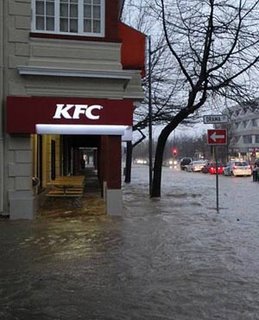
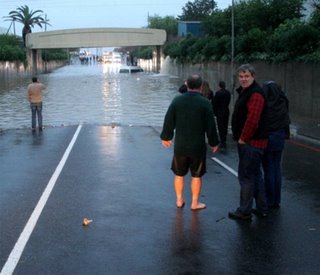
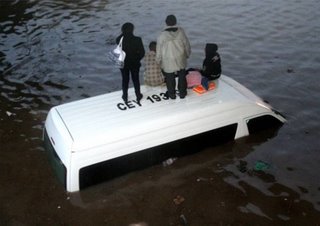
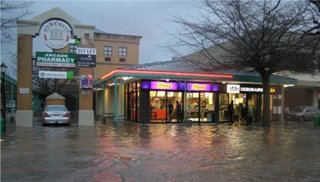
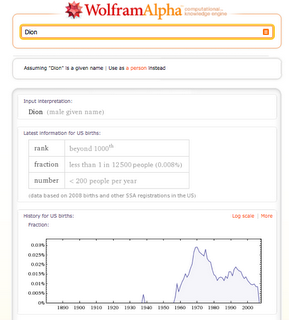
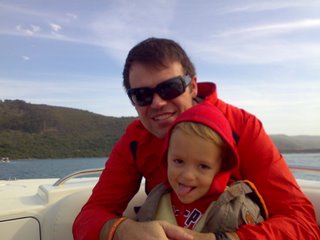




 .
.
 .
.




